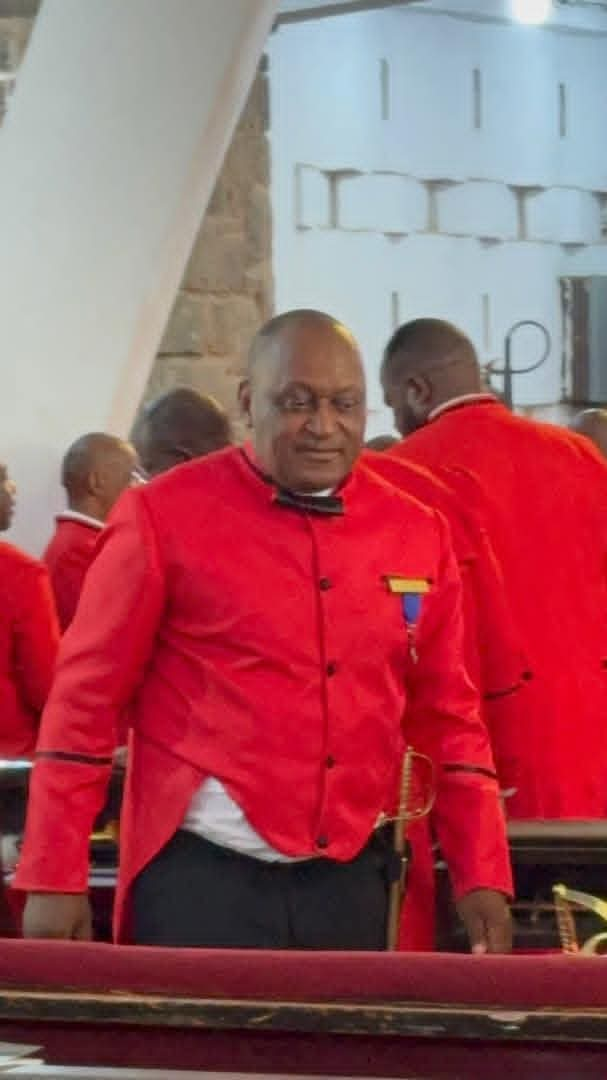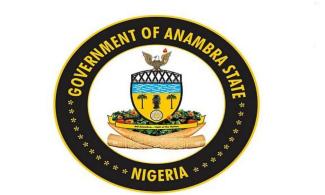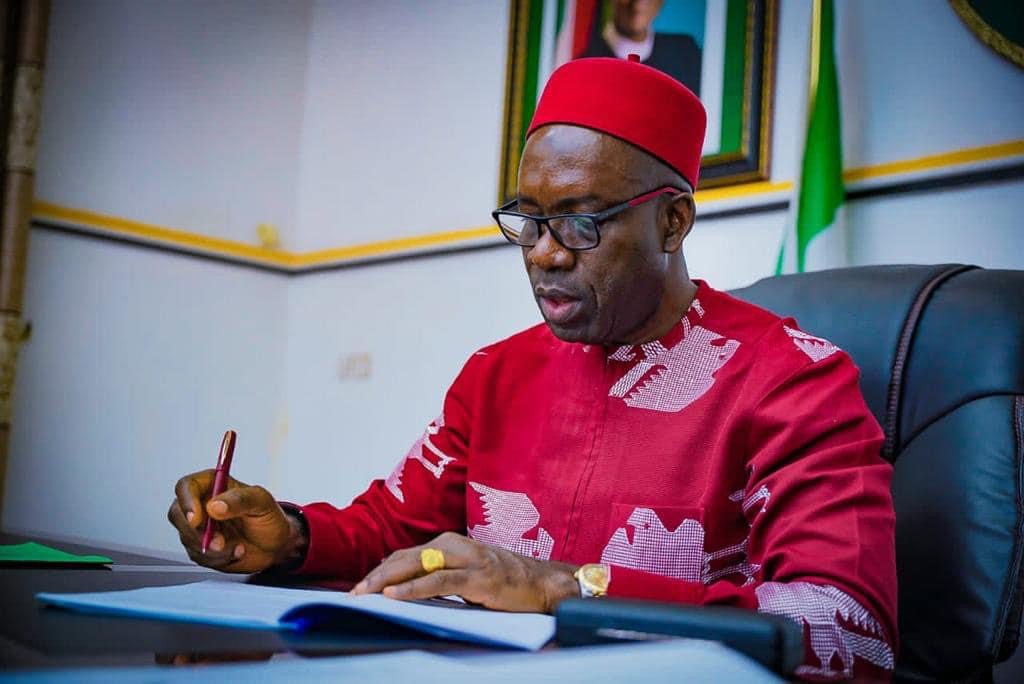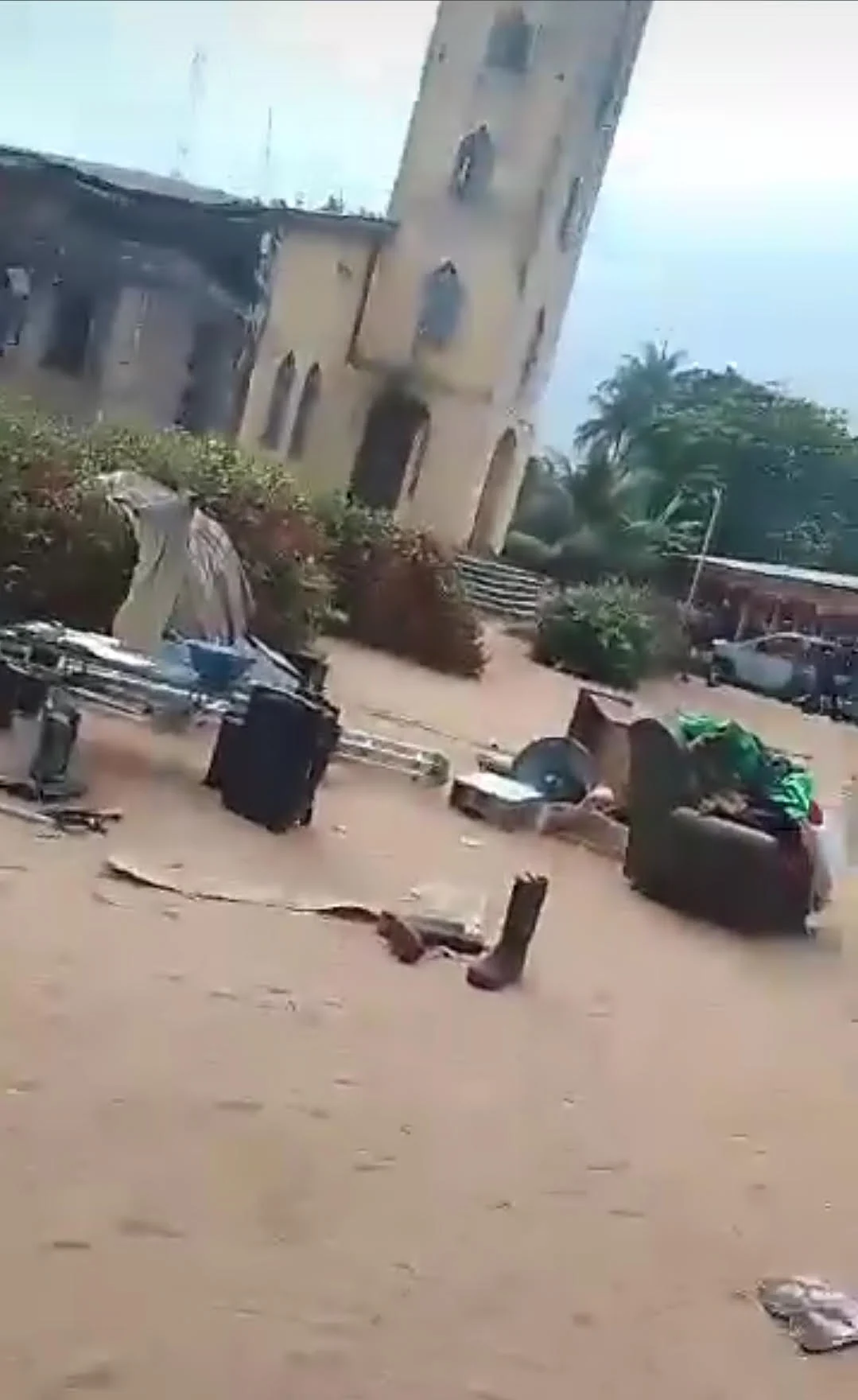Political Firestorm: Anambra 2025 Governorship Race Heats Up With Key Developments and Voter Concerns

Anambra State is preparing for its upcoming governorship election on Saturday, 8 November 2025, where voters will elect a leader for the next four years. The Independent National Electoral Commission (INEC) has cleared 16 candidates from various political parties, including the incumbent governor, Charles Soludo of the All Progressives Grand Alliance (APGA), who is seeking re-election. While 15 other candidates are in the race, analysts identify four major contenders: Governor Soludo, Nicholas Ukachukwu of the All Progressives Congress (APC), George Moghalu of the Labour Party (LP), and John Chuma-Nwosu of the African Democratic Congress (ADC). The election is widely considered a two-horse race between Mr. Soludo and Mr. Ukachukwu.
Ahead of the polls, INEC has completed the distribution of sensitive electoral materials to all 21 Local Government Areas (LGAs) in Anambra State. Elizabeth Agwu, the Resident Electoral Commissioner (REC), confirmed the inspection and intact status of materials, which include 2,802,790 copies of ballot papers, various booklets of form EC 8A, EC 8B, EC 8C, EC 8D, and EC 8E. Abayomi Shogunle, the Commissioner of Police for the election, expressed satisfaction with the security measures, detailing the deployment of 55,000 security personnel from various agencies, with three assigned per polling unit. He urged residents to participate, assuring adequate security. The Anambra State Government has also declared Friday, 7 November, a work-free day for civil servants to facilitate their participation in the election.
Anambra State, with Awka as its capital, was created on 27 August 1991, carved from the old Anambra State. Its name is derived from "Omambala," a major river. Situated in southeastern Nigeria, it shares borders with Delta, Enugu, Imo, Kogi, and Abia states. With an estimated current population of over seven million, it is one of Nigeria's most densely populated states, despite being one of the smallest by landmass (approximately 4,844 square kilometres). The state comprises 21 LGAs, three senatorial districts, 11 federal constituencies, and 326 wards. It boasts 2.8 million registered voters across 5,720 polling units. Onitsha serves as the commercial nerve centre. Predominantly Igbo and Christian, the population is largely Catholic and Anglican. The state's motto, "Light of the Nation," reflects its people's reputation for enterprise, education, and innovation. Economically, Anambra is a top commercial state, driven by trade, manufacturing, and real estate, featuring the Onitsha Main Market and the Nnewi industrial cluster. It ranked first in Nigeria's 2025 Fiscal Performance Ranking by BudgIT and 17th nationwide in 2024 for Internally Generated Revenue (N42.69 billion). The state has high literacy rates, a strong academic record, and is rich in natural resources like clay, limestone, and crude oil, receiving N8.42 billion in 13 percent derivation funds between January and May 2025. Notable personalities include Nnamdi Azikiwe, Alex Ekwueme, Chinua Achebe, Peter Obi, and the Obi of Onitsha, Alfred Achebe.
Several critical factors are expected to influence the election's outcome. Security concerns remain paramount, particularly in Ihiala, Nnewi South, Orumba South, and border communities such as Lilu, Azia, and Amorka. These areas have experienced frequent attacks by armed persons, leading to deserted communities and low voter turnout. The 2021 governorship election in Anambra was declared inconclusive partly due to insecurity in Ihiala LGA, necessitating a supplementary election under heavy security. Political analysts like Chris Offodile believe that persistent insecurity will impact voter turnout, potentially altering election results as votes from volatile areas might be lost.
Governor Soludo's public support for President Bola Tinubu, even before his 2023 presidential election and his APGA party's adoption of Tinubu for the 2027 general election, may alienate some voters in APGA-dominated Anambra, where the APC and president do not enjoy widespread support. Analysts such as Emeka Umeagbalisi suggest this "romance" with Tinubu could diminish Soludo's chances, especially among supporters of Peter Obi. Zoning is another central issue, with at least 10 governorship candidates, including the four major contenders, hailing from the Anambra South District, ensuring a fierce contest for votes within that region.
Mr. Soludo's strained relationship with former Governor Peter Obi also poses a challenge. Soludo has frequently criticised Obi, predicting his 2023 presidential election loss and disparaging his past investments in the state. Given Obi's massive support in the South-east and Anambra (where he secured 95 percent of votes in 2023), Soludo's diatribes could negatively impact his re-election bid, as many Igbos are sympathetic to the LP candidate. Similarly, Soludo's evolving stance on Biafra agitation and IPOB, initially visiting Nnamdi Kanu but later dissociating himself from the movement, has drawn criticism and could affect his support, though some analysts like Nonso Oguno believe it may not significantly sway voters if IPOB is not actively campaigning against him.
The long-standing Anglican/Catholic rivalry in Anambra, a predominantly Christian state, continues to influence elections. Historically, this rivalry has affected gubernatorial outcomes, with leaders of both denominations often endorsing candidates from their affiliations. Parties frequently select candidates with diverse religious backgrounds to appeal to both blocs; for instance, Soludo is Catholic with an Anglican deputy, while Ukachukwu is Anglican (or Pentecostal) with a Catholic running mate. Political analyst Chris Offodile notes that this "politics of denomination" has significantly impacted election results for decades.
A recent face-off between Governor Soludo and the Obi of Onitsha, Alfred Achebe, further complicates the political landscape. The rift began in early 2024 after Soludo suspended a traditional ruler for conferring a chieftaincy title without approval, leading to Achebe's criticism and Soludo's subsequent dissolution of the Achebe-led Anambra Traditional Rulers Council. This conflict has deepened, with Soludo shunning recent Ofala Festivals hosted by Achebe, while his challenger, Mr. Ukachukwu, sought ties with the monarch. While Mr. Achebe has declared that the traditional institution will not endorse any candidate, his political and traditional influence in Onitsha, the commercial hub, could still pose a hurdle for Soludo, though some argue Onitsha's metropolitan nature limits the monarch's electoral sway.
Public perceptions of Governor Soludo's performance are mixed. While some view him as an achiever, others, despite his technocratic credentials, believe his execution of ambitious ideas lags behind expectations. Some laud his security policies, including the Agunechemba Security Outfit and Operation Udo-Ka-chi, and his laws against entities backing terrorists, but critics accuse the outfit of human rights violations and targeting the opposition. His tax policies, though defended by Soludo as fair to low-income earners, are seen by some as "over-taxing" the populace. Economically, Anambra has fared well under his leadership, achieving first place in fiscal performance in 2025 and reducing domestic debt. However, promises regarding agriculture, industrialisation, and ending flooding/erosion have largely fallen below expectations. Furthermore, his promise of at least 30 percent women's representation in governance was unmet, with only 25 percent in his cabinet. While achievements may bolster support, unfulfilled promises could lead voters to his challengers.
Women's political participation remains a critical area for improvement in Anambra State, despite it being the only Nigerian state to have had a female governor (Virginia Etiaba in an interim capacity, 2006-2007). The upcoming election highlights a persistent gender imbalance; out of 16 gubernatorial candidates, only two are women (Chioma Ifemeludike of AAC and Ndidi Olieh of NRM), neither considered a strong contender. This represents a mere 12.5 percent. While women constitute a majority of registered voters (1,430,323 or 51.03 percent of 2.8 million total voters), this numerical strength has not translated into political representation. Only two of 30 members in the State House of Assembly are women, and women are often relegated to "women leader" roles in party structures. Research identifies electoral violence, godfatherism, and poverty as key barriers. The National Gender Policy's 35 percent affirmative action remains largely unimplemented, a pattern reflected across Nigeria's political landscape.
The Centre for Democracy and Development (CDD-West Africa) has raised several concerns regarding the election. Internal crises within major political parties have weakened electoral competitiveness and voter mobilization. CDD also highlighted security threats in specific communities and called for professional conduct from security agencies. The Anambra State Signage and Advertisement Agency (ANSAA)'s N50 million permit fee for outdoor campaigns was noted to limit access for smaller parties and increase costs, which are capped at N1 billion under the 2022 Electoral Act. While INEC has improved preparations, CDD-West Africa emphasized fragile confidence due to past logistical gaps in the Continuous Voter Registration (CVR) process and the judiciary's role in delayed rulings. The organization urged INEC to maintain neutrality, ensure timely deployment of materials, and called on security agencies to protect citizens without bias. Political parties were advised to shun vote buying and commit to peaceful, inclusive conduct. CDD-West Africa has deployed 178 trained observers, 57 grassroots monitors ("Soldiers of Mouth") to combat disinformation, and 30 mandate protection observers across all 21 LGAs, with its Election Analysis Centre actively monitoring narratives and fact-checking. The organization stressed the importance of the 2025 Anambra Governorship election for national interest and democratic integrity, advocating for a peaceful, credible, and inclusive process.
You may also like...
When Sacred Calendars Align: What a Rare Religious Overlap Can Teach Us

As Lent, Ramadan, and the Lunar calendar converge in February 2026, this short piece explores religious tolerance, commu...
Arsenal Under Fire: Arteta Defiantly Rejects 'Bottlers' Label Amid Title Race Nerves!

Mikel Arteta vehemently denies accusations of Arsenal being "bottlers" following a stumble against Wolves, which handed ...
Sensational Transfer Buzz: Casemiro Linked with Messi or Ronaldo Reunion Post-Man Utd Exit!

The latest transfer window sees major shifts as Manchester United's Casemiro draws interest from Inter Miami and Al Nass...
WBD Deal Heats Up: Netflix Co-CEO Fights for Takeover Amid DOJ Approval Claims!

Netflix co-CEO Ted Sarandos is vigorously advocating for the company's $83 billion acquisition of Warner Bros. Discovery...
KPop Demon Hunters' Stars and Songwriters Celebrate Lunar New Year Success!

Brooks Brothers and Gold House celebrated Lunar New Year with a celebrity-filled dinner in Beverly Hills, featuring rema...
Life-Saving Breakthrough: New US-Backed HIV Injection to Reach Thousands in Zimbabwe

The United States is backing a new twice-yearly HIV prevention injection, lenacapavir (LEN), for 271,000 people in Zimba...
OpenAI's Moral Crossroads: Nearly Tipped Off Police About School Shooter Threat Months Ago
ChatGPT-maker OpenAI disclosed it had identified Jesse Van Rootselaar's account for violent activities last year, prior ...
MTN Nigeria's Market Soars: Stock Hits Record High Post $6.2B Deal

MTN Nigeria's shares surged to a record high following MTN Group's $6.2 billion acquisition of IHS Towers. This strategi...





